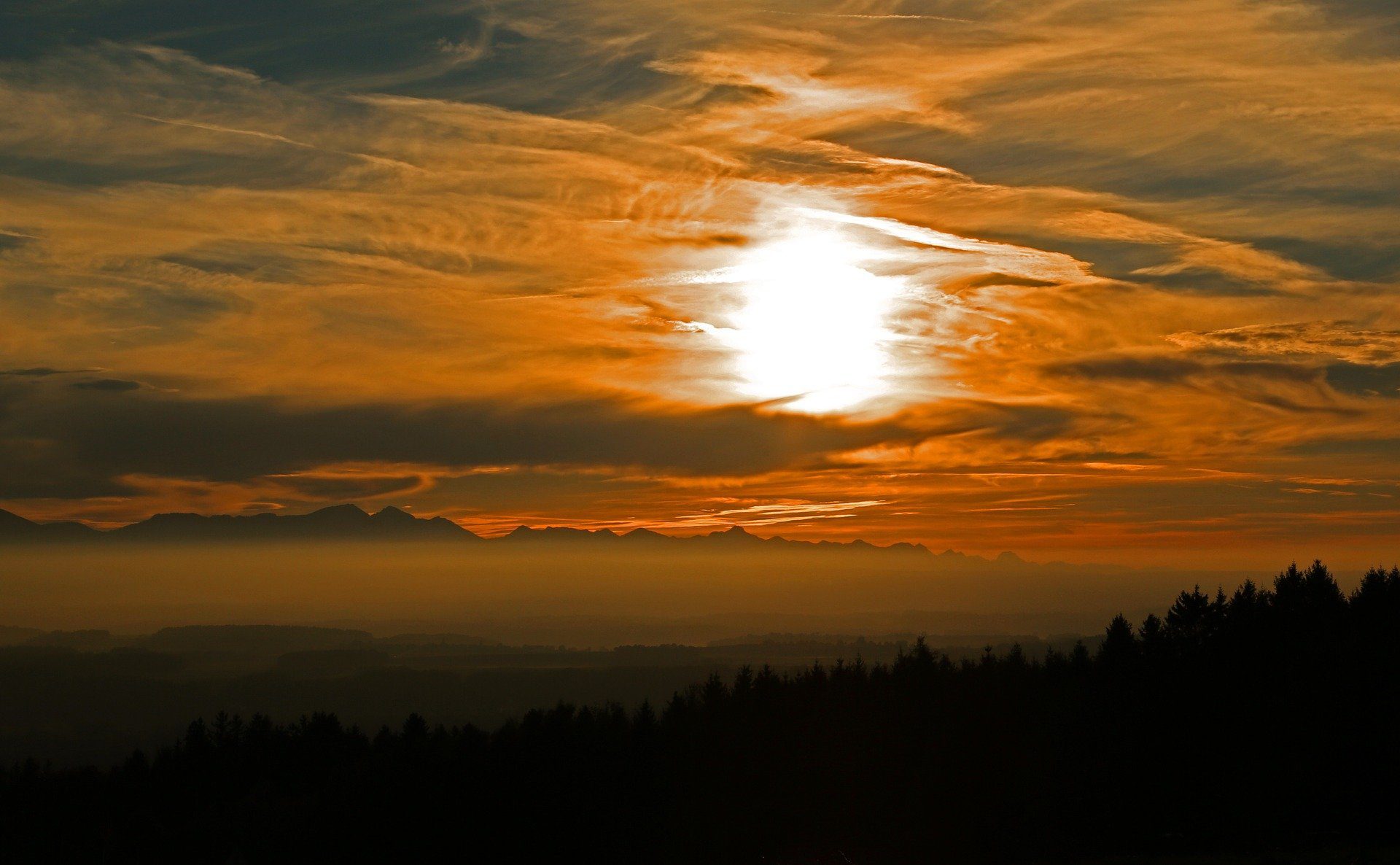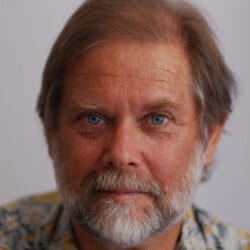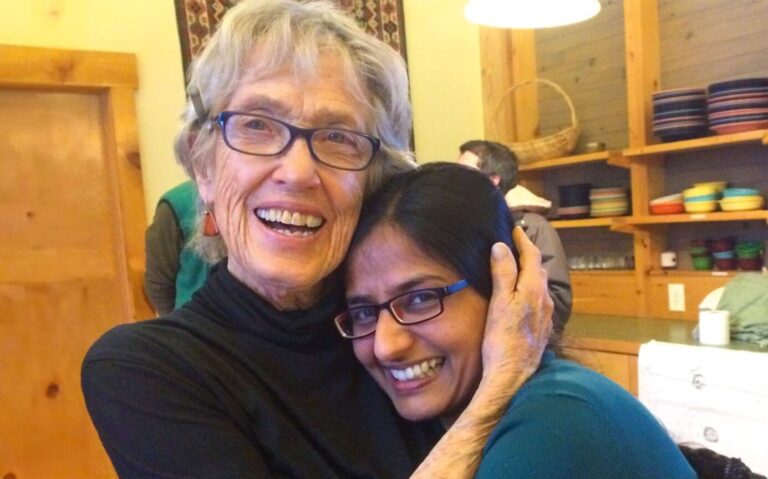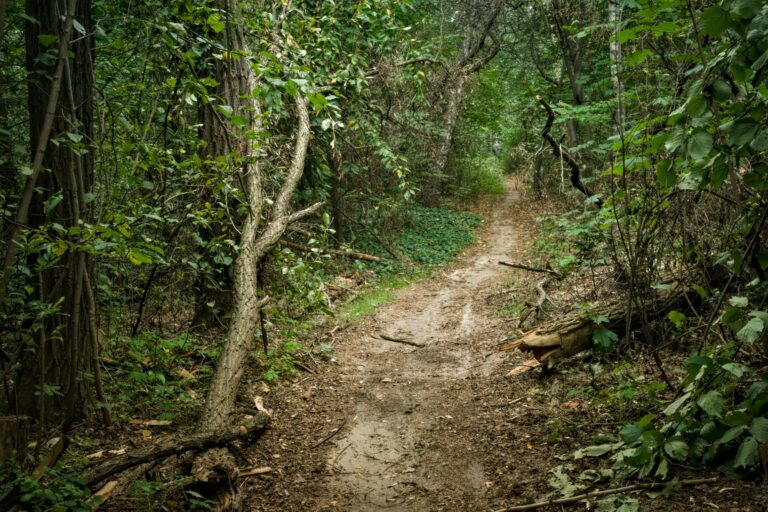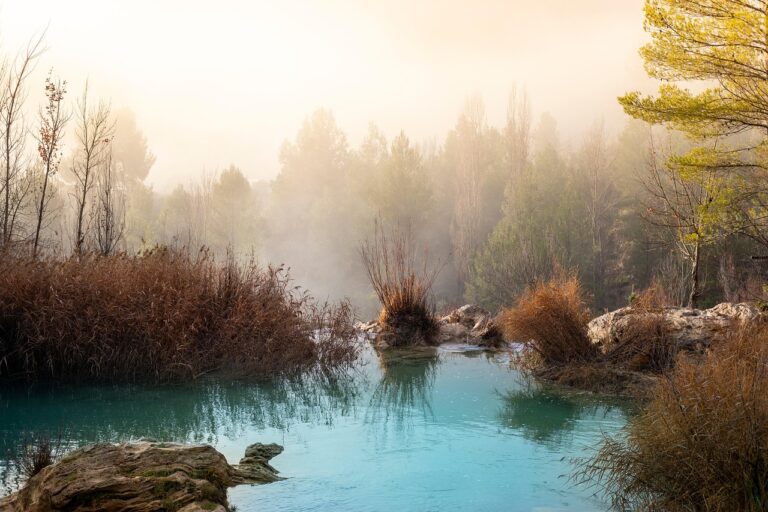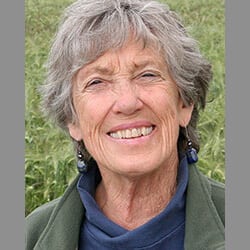It’s sometimes said that life is a precious gift, but I wonder if that’s the best metaphor. Is it better to understand one’s life as a loan? A loan that can be called in at any time, sometimes with no warning at all. We are reminded never to take it for granted. Does that make our lives even more precious?
We naturally seek stability and security, but Buddhist teachings emphasize that everything is impermanent and insubstantial. The world isn’t a collection of separate things: it’s a confluence of interacting processes, and those processes include you and me and everyone we know. That means there’s nothing to cling to, and no one to cling. Shunryu Suzuki, founder of the San Francisco Zen Center, said that nonattachment isn’t about getting rid of things, it’s accepting that they pass away.
When you meet a calamity, meet it completely.
A student asked Zen master Unmon, “What is the goal of a lifetime of practice?” He replied: “Responding appropriately.” We practice not to transcend the world, but to transcend our egos. Our path isn’t about escaping this world, it’s about becoming more intimate with it. But how do those of us who live in Boulder, Colorado, say, respond appropriately to events like the supermarket shooting that killed ten people a year ago today, on March 22, 2021, or the wildfire that destroyed over a thousand homes just east of town in December 2021?
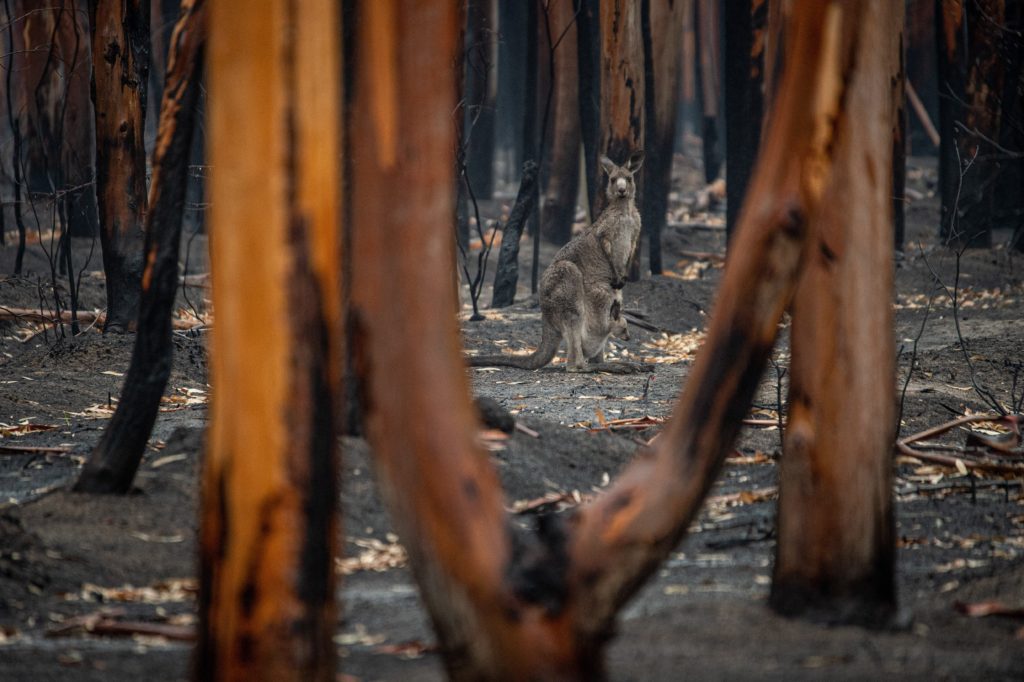
In the Buddhist tradition, there are different answers, because there are different ways of understanding our emotional life. One answer is that our practice helps us find a place of imperturbable equanimity and serenity that is impervious to tragedy. No matter what happens in the world, we are at peace. We accept it, not because that’s what we want to happen, but because that’s what did happen. There’s some wisdom in this, I think, but not enough. It seems an example of what Zen calls “clinging to emptiness.” There’s something dualistic about it: we dissociate from our experience of the world.
The Japanese poet and Zen master Ryokan Taigu was once asked: “Is there no way to avoid calamities?” Ryokan replied: “When you meet a calamity, meet it completely. That is the wondrous dharma of avoiding calamities.” But how do we meet completely calamities such as mass shootings and uncontrollable wildfires?
In central London there is a memorial to the victims of the World Trade Center terrorist attack. The inscription simply says: “Grief is the price we pay for love.” That’s all. Our grief is the homage we pay to what we love. Then never to grieve would be to close ourselves off from love. That points to another way of responding. Instead of trying to avoid grief, can we meet it completely, by opening ourselves up to it and becoming intimate with it?
Realizing so directly and deeply the fragility of life encourages us to ask what’s really important.
Often we resist that. We are afraid of being overwhelmed by unbearable pain. We worry about becoming stuck in such a dark, heavy place. We forget that grief, too, is not a thing, it’s another of those impermanent processes, with its own dynamic—sometimes surging, sometimes ebbing. The whirlwind of emotions is so powerful and disruptive, but whirlwinds don’t last forever. To turn away from it usually makes it worse. As in our meditation, we need to trust the process and let it do with us what needs to be done. That is how we pay homage to what we love and have lost. That is how healing occurs.
Healing doesn’t mean the process of grieving is finished. But when the whirlwind dies down, we might find that we are a different person, maybe living in a different world. The disorientation can cut through the bullshit of our usual preoccupations. Realizing so directly and deeply the fragility of life encourages us to ask what’s really important. We are confronted by the most crucial koan of all: what do I really want to do with the time that’s left to me—with this precious loan?
This article was originally published on Tricycle. It is reprinted here with permission.

